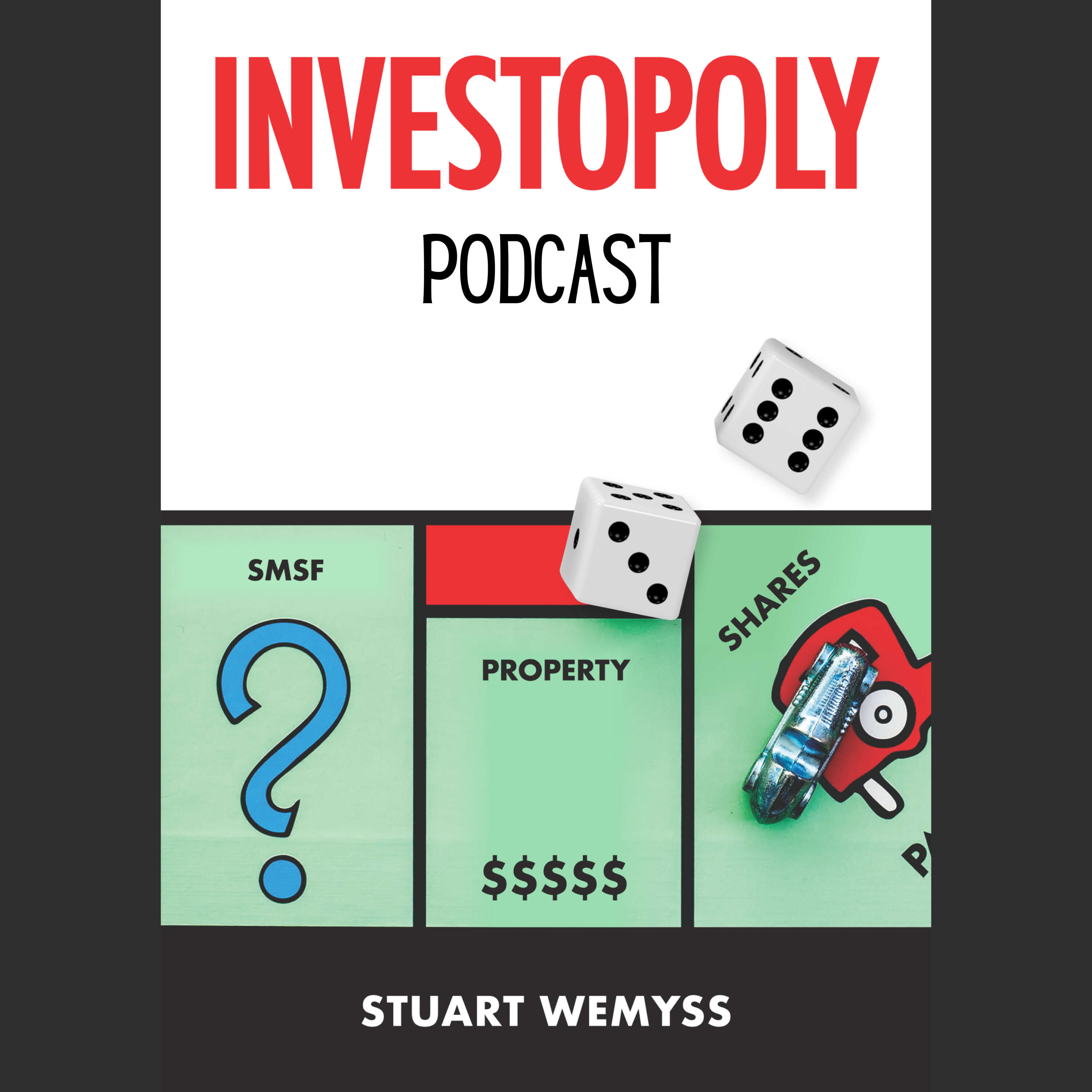- After-Shows
- Alternative
- Animals
- Animation
- Arts
- Astronomy
- Automotive
- Aviation
- Baseball
- Basketball
- Beauty
- Books
- Buddhism
- Business
- Careers
- Chemistry
- Christianity
- Climate
- Comedy
- Commentary
- Courses
- Crafts
- Cricket
- Cryptocurrency
- Culture
- Daily
- Design
- Documentary
- Drama
- Earth
- Education
- Entertainment
- Entrepreneurship
- Family
- Fantasy
- Fashion
- Fiction
- Film
- Fitness
- Food
- Football
- Games
- Garden
- Golf
- Government
- Health
- Hinduism
- History
- Hobbies
- Hockey
- Home
- How-To
- Improv
- Interviews
- Investing
- Islam
- Journals
- Judaism
- Kids
- Language
- Learning
- Leisure
- Life
- Management
- Manga
- Marketing
- Mathematics
- Medicine
- Mental
- Music
- Natural
- Nature
- News
- Non-Profit
- Nutrition
- Parenting
- Performing
- Personal
- Pets
- Philosophy
- Physics
- Places
- Politics
- Relationships
- Religion
- Reviews
- Role-Playing
- Rugby
- Running
- Science
- Self-Improvement
- Sexuality
- Soccer
- Social
- Society
- Spirituality
- Sports
- Stand-Up
- Stories
- Swimming
- TV
- Tabletop
- Technology
- Tennis
- Travel
- True Crime
- Episode-Games
- Visual
- Volleyball
- Weather
- Wilderness
- Wrestling
- Other
Why I think property prices have bottomed
CoreLogic data indicates that property prices in the 5 largest capital cities have fallen by 7.1% since May, when the RBA started hiking interest rates. Sydney has seen the largest price fall – down by around 10%, and Melbourne has fallen by 6.7%. But it’s not all bad news. House prices in Brisbane, Adelaide, and Perth are still materially higher than they were a year ago. I wrote a blog in March in response to fund manager, Christopher Joye’s prediction that property prices would fall 15% to 25% within 2 years if the RBA hiked rates by at least 1%. At the time, it was my view that prices would fall 5% to 7%. This has happened now, and I don’t think we’ll see any more (material) falls for the reasons set out below. Supply and demand are more balanced One of the reasons that prices have fallen this year is that it’s no longer necessary to overpay to buy a property. Last year, I wrote that the only way to successfully buy a property in 2021 was to overpay. That’s because potential buyers outnumbered potential sellers. Buyer demand has fallen (probably due to higher rates, share market volatility and talk of a possible recession) but so has supply i.e., the number of new listings – they are 18% below the 5 year average. As such, the market is relatively balanced (between buyers and sellers) which means there is no need to overpay anymore. Good quality, investment-grade property is still attracting strong buyer demand and is typically selling for fair value. Of course, some geographic markets might experience different conditions, such as regional towns and beachside locations. It is possible that some locations may experience larger declines in demand and as such, prices may continue to fall. Most borrowers have factored in higher rates Most borrowers realised that interest rates would not stay at 2% p.a. forever. Of course, if they were listening to (and believing) the RBA governor last year, they wouldn’t have expected rates to rise this year (the governor was saying they’d rise in 2024). But whether it was 2024 or 2022, most borrowers have been prepared for higher interest rates. It is true that the historically low rates in 2020 and 2021 did encourage people to borrow more. But not because they thought rates would never rise. Most borrowers realised that interest rates tend to range between 5% and 7% over the long run, so they viewed borrowing in 2020 or 2021 as a bit of a free kick (cheap money for a few years), especially if they fixed, which many borrowers did. Many existing borrowers took the opportunity to fix the interest rates on their mortgages during 2020 and 2021. These fixed rates will start expiring from next year and as such, repayments will increase substantially – more than double in some cases. This will have an impact on discretionary spending, which hasn’t yet declined. Also, variable interest rate borrowers haven’t yet felt the full effect of the rate hikes, as there’s a two-to-three-month lag. The upshot is that most borrowers are prepared for higher loan repayments. There’s a lot of fat inTo subscribe to Stuart's blog: https://www.prosolution.com.au/stay-connected/

